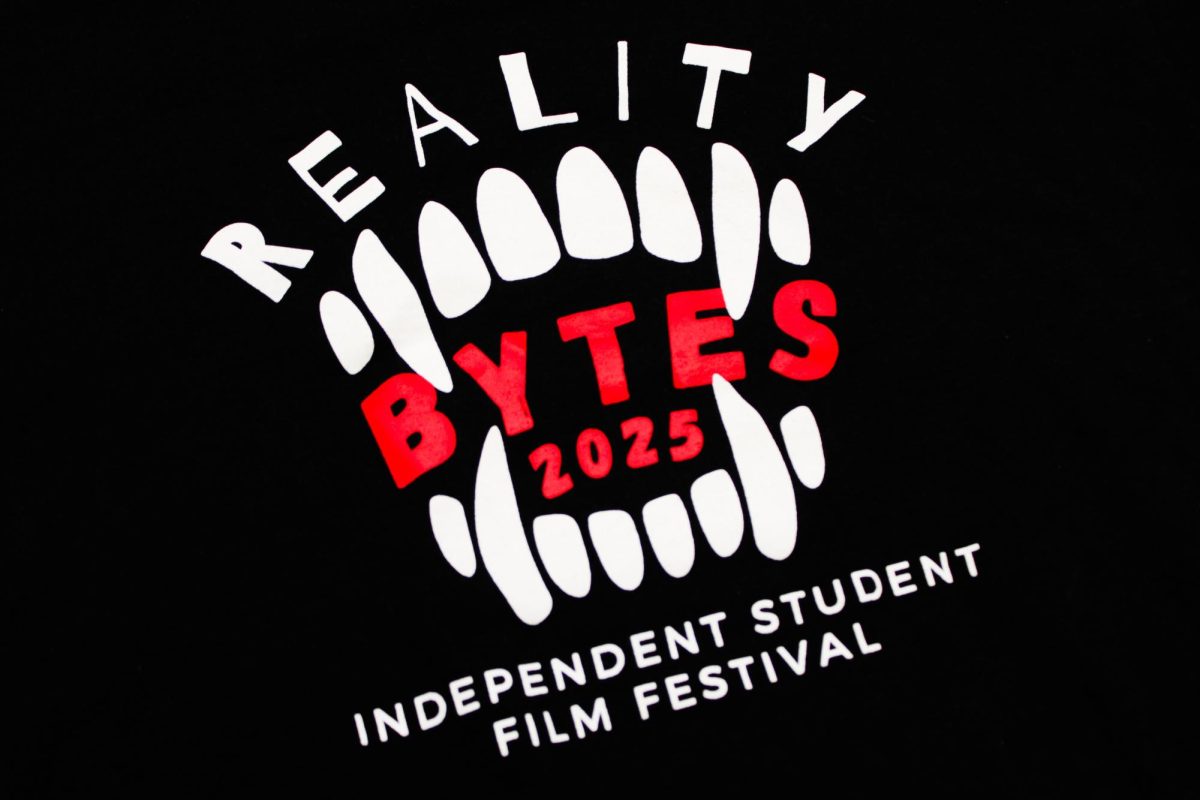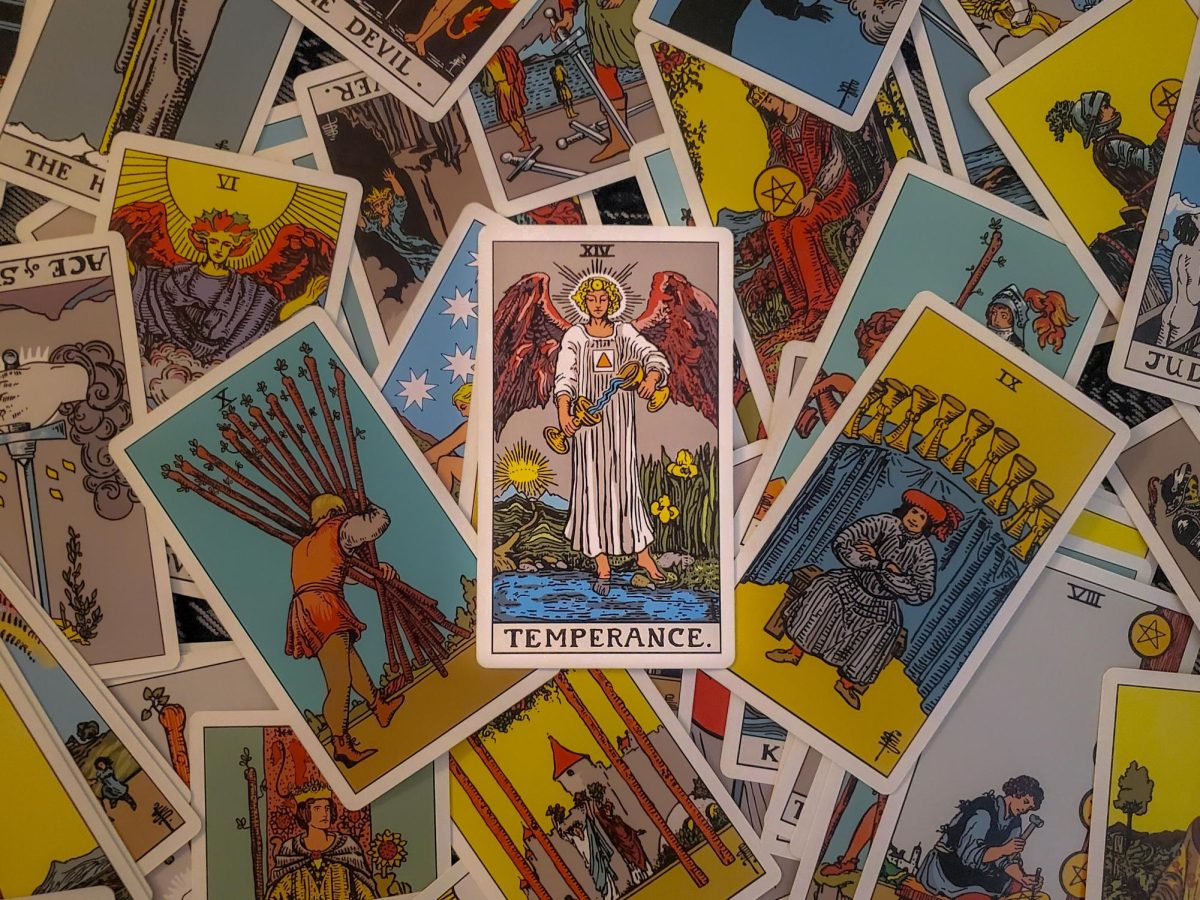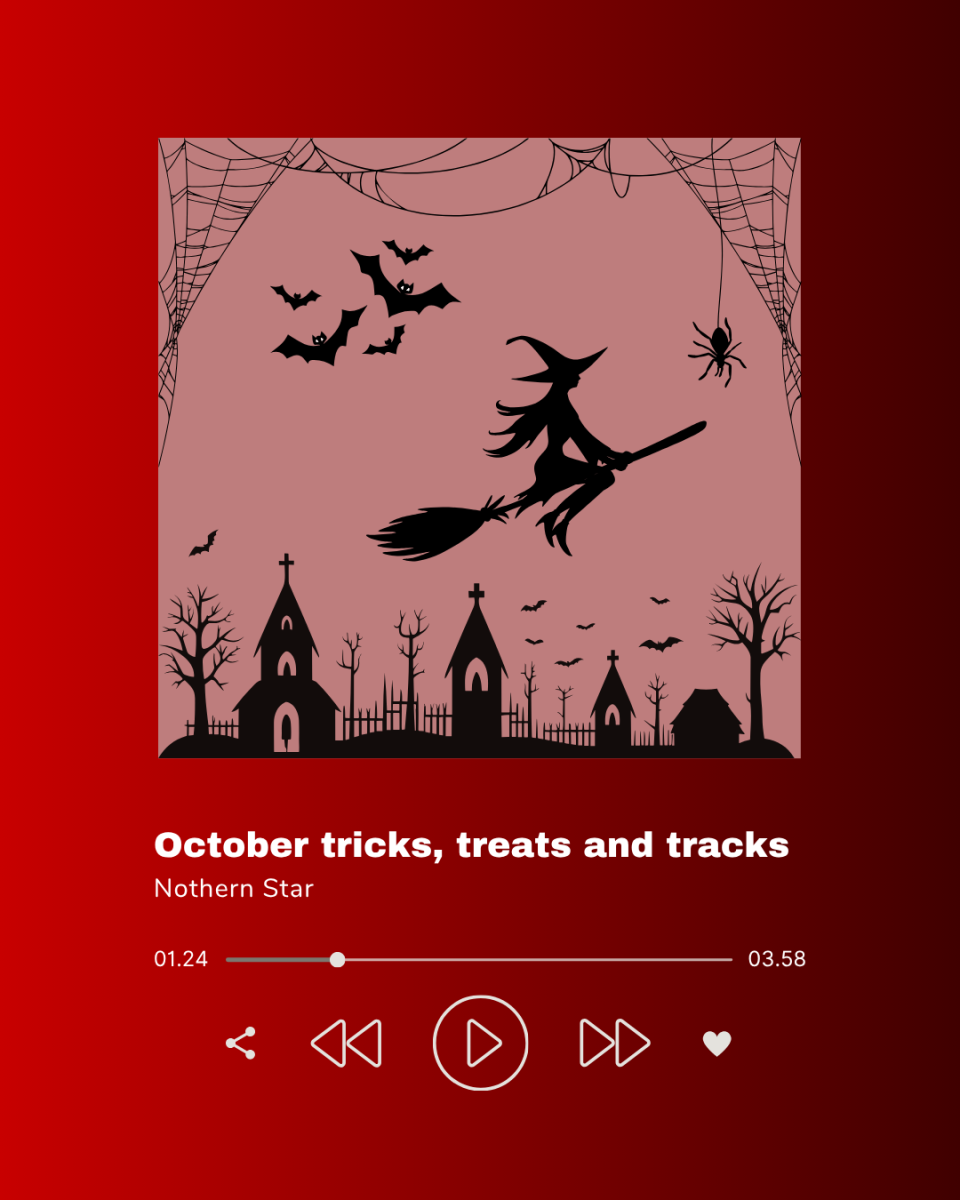While “Dumb Money” is a solid breakdown of the 2021 GameStop short squeeze, don’t hold out hope for the film to be the next “The Big Short.”
In 2021, hedge fund managers decided to short GameStop stock, betting on the stock to drop. Retail investors, regular people who use apps or websites to invest, thought this was a bad move and repeatedly bet on the stock to improve.
When all of these retail investors got together, they squeezed the short, causing the price to go up even higher as the hedge fund managers had to buy into the stock to try to make their money back.
Because of all of this technical background info, the film isn’t accessible to people who do not have a knowledge base of the stock market.
“Dumb Money,” based on the 2021 book “The Antisocial Network” by Ben Mezrich, is a biopic about a small collective of Reddit users and investors who bet against Wall Street’s efforts to short GameStop stock.
These people follow the financial advice of Keith Gill, known by his screen name of Roaring Kitty, played by Paul Dano.
The instant I saw the “Dumb Money” trailer, “The Big Short” popped into my mind. The 2015 biopic about a group of investors who shorted the housing market and (sort of) fought off Wall Street corruption seemed to be the inspiration for “Dumb Money.”
The only way to understand “Dumb Money” is to compare it to the most well-known film to do the same thing.
Both films focused on major financial moments in recent American history, both films have an all star cast, and both films are based on books.
That being said, “The Big Short” succeeds where “Dumb Money” falls flat.
“The Big Short” explains the 2008 housing crisis in wildly interesting ways, taking breaks from the plot to have celebrities and experts teach you what all of the big terms in the film are. “Dumb Money” does not do that.
“The Big Short” is tailored for people who have no background information, but “Dumb Money” assumes that the viewer has all of the necessary background information.
Luckily, the information in “Dumb Money” is simpler. Still, if someone comes to the film without knowing what a short squeeze or retail trader is, they will have to catch up on the film’s content.
Because of the lack of explanation, the film has to be seen differently than “The Big Short.”
The viewer cannot watch the film as a biopic; instead, they have to watch it like a standard narrative film. Thus, there is an increased need for character development and interesting shot selection.
Unfortunately, the film does not meet the criteria of a narrative film either.
The only attempts at emotion are through Gill’s family life. While Dano does a good job of making the character interesting, Gill’s relationship with his parents and his brother (Pete Davidson) is not interesting or compelling.
On top of this, the film tries to have the viewer empathize with the financial struggles of the retail investors. This also fails.
The film is unfocused, trying to be a biopic, narrative film and propaganda at the same time. It fails at all of them because it cannot offer up the specific material each genre requires.
The final straw for me was the film’s message. “Dumb Money” was trying to reinforce the idea that the people who were part of the short squeeze and held on were the “good guys.” At the end of the film, it backtracks and checks in on how everyone is doing financially. The people who held out are in the negative and the ones who sold early are in the positive.
This truth causes the film to come off as insincere, as the message is advocating for an investment that didn’t work.
While the choice of story was great, and the cast was phenomenal, the film suffered profusely because of a lack of narrative focus. “Dumb Money” may, in fact, live up to the first part of its name.















